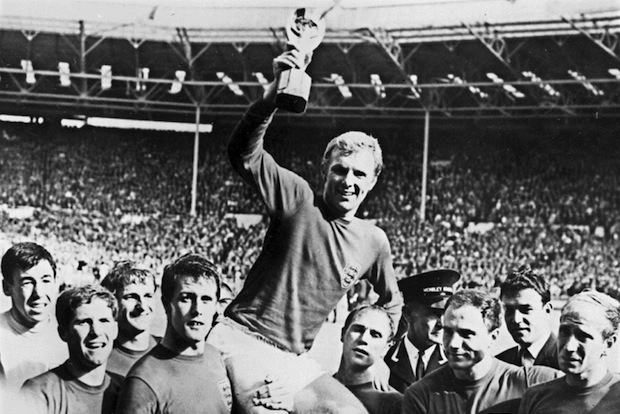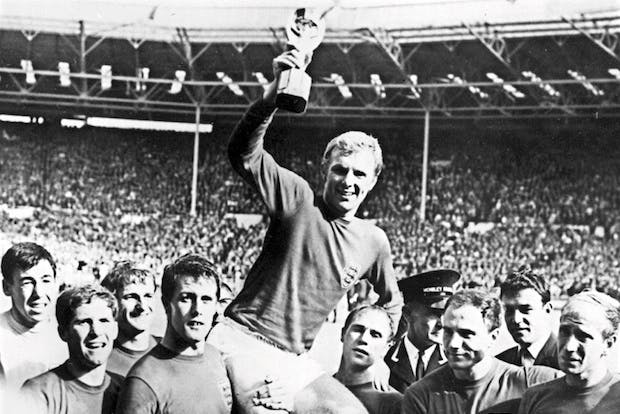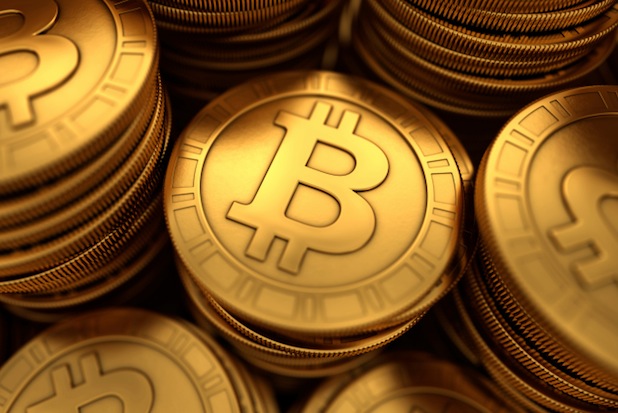What does it mean these days to beat the bookie? Many of us like to imagine that winning a bet still involves trumping some wizened geezer and his chalkboard. In most cases, however, today’s successful punter has had to get the better of a mega computer. Gambling markets, like financial ones, now run on Automated Trading Systems. These are outrageously sophisticated algorithms which mine billions of pieces of information in order to calculate, with depressing accuracy, the probability of various outcomes. Sports ‘books’ are markets made by software programmers and managed by traders. And the traders just sit and watch the screens, like air-traffic controllers, only intervening if the system malfunctions.
It’s easy to see why gambling firms prefer machines to men in sheepskin coats. Algorithms are not susceptible to confirmation bias, loss aversion, or any of those problems which behavioural economists are always talking about. Such inhumanity is a great advantage in gambling, which, even more than the stock market, thrives on emotional exuberance and despair. As computers become ever more powerful, the algorithms will only become cleverer, faster and better.
Bit sinister, isn’t it? A bit Terminator. What chance does the punter have against these mighty machines? In the past, a few sharp minds might have been able to spot a proud or greedy bookie’s mistakes. That’s much harder now.
Hope is not lost, however. The Speculator’s golden rule — ‘When they zig, you zag’ — still holds. When data-crunching is all the rage and everybody worships technology, it is time to invest in human intuition. ‘There are holes in a computer algorithm’s armour,’ says Mark Teltscher, a successful poker professional who now bets on sports. ‘Because it cannot anticipate unforeseen events, it cannot react quickly when they occur. Whereas I can.’ As an example, he cites a recent football match he bet on. One side had used up its three substitutions when another of its players got injured. Because they could not replace him, the team effectively had ten men on the pitch instead of 11. ‘The algorithm should have treated that injury the same as it would a red card — if a player had been sent off,’ Mark explains. ‘But it had not been programmed to anticipate that scenario, so it could not process it quickly enough.’ Mark, being human, instantly spotted the incongruity and placed a huge bet on the opposing team. The market then corrected itself and the odds shunted in his favour. He could have traded out his position at a profit; alas, being human, he held on and lost.
There are other ways to beat the machines. Some gambling firms run their sports divisions as loss leaders to drive punters to their more profitable online casino operations. Shrewd gamblers can therefore in theory come out on top, as long as they resist the temptation of virtual roulette.
Another possible weakness is that gambling operators are now often overextended. The development of algorithms has enabled them to increase their revenues by offering odds on minor sports about which their employees know little. That exposes them to greater risk. On a market for, say, an international volleyball match, the machines have much less data to work with, and so cannot formulate precise odds. Smaller sports books also have much less ‘liquidity’ — money sloshing around the system — to enable the machines to read how the market is moving. The avid volleyball student therefore has the potential upper hand, so long as he or she isn’t overcome by greed. Which brings us back to nature. In the battle against the automatons, as every science fiction geek knows, humanity is at once our greatest strength and our greatest weakness.
Got something to add? Join the discussion and comment below.
Get 10 issues for just $10
Subscribe to The Spectator Australia today for the next 10 magazine issues, plus full online access, for just $10.
You might disagree with half of it, but you’ll enjoy reading all of it. Try your first month for free, then just $2 a week for the remainder of your first year.














Comments
Don't miss out
Join the conversation with other Spectator Australia readers. Subscribe to leave a comment.
SUBSCRIBEAlready a subscriber? Log in